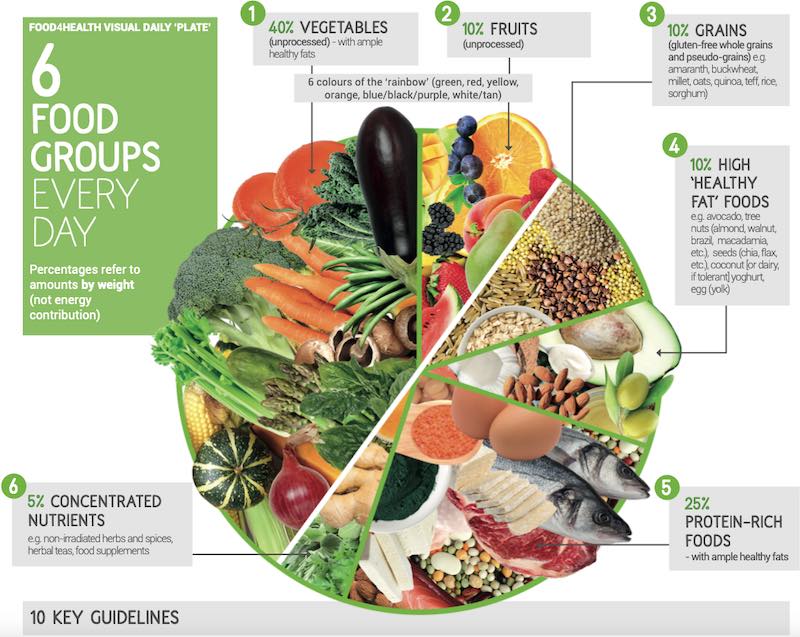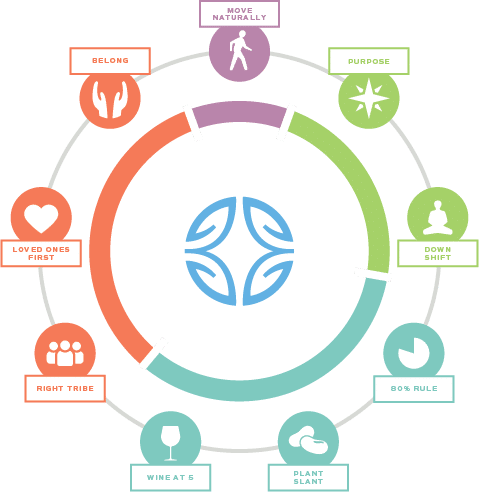Real Food for Health
We believe that our food is medicine and that ‘Real Food’ is one of the most important pillars of good health. The concept that ‘we are what we eat‘ is very much a truism: the flesh, bone and blood of our body is made from what we put into our mouths.
For optimum health and for recovery from ill-health, we need to maximise the nutritional content of our food with ‘nutrient-dense’ foods, prepared in traditional ways, and minimise ultra-processed foods and foods containing potentially harmful chemicals from industrialised agriculture.
We believe that the quality of our food is of more importance than the quantity when it comes to health. We do not subscribe to any one particular dietary theory and believe there is no ‘one-size fits all’ diet.
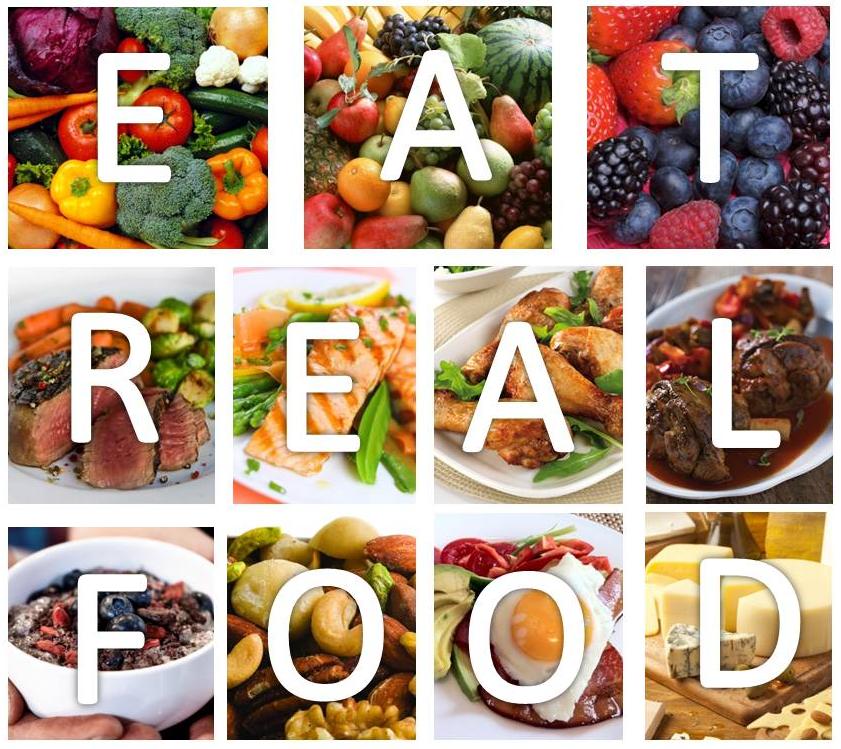
Ultra-processed Foods
There has been a lot in the news and medical journals recently about the links between ultra-processed foods and weight gain, cardiovascular disease, and all-cause mortality. This should be no surprise and avoiding these foods should be a priority.
Nutrient-dense food?
Eating a high-nutrient diet actually makes you more satisfied with less food, and actually gives the ability to enjoy food more without overeating
Joel Fuhrman
For our body to function properly we need to get a wide variety and an optimal amount of nutrients from our foods e.g vitamins, minerals, phytonutrients, essential fats and amino acids.
There is no universal measure of nutrient-density though some scientists and organisations have come up with their own differing measurements – none of them perfect.
Read more here:
- The Nutrivore Diet: What a Healthy Diet Looks Like by Chris Kresser, M.S. Published on
- What Is Nutrient Density and Why Is It Important? by Chris Kresser Published on
The Real Food Campaign doesn’t advocate any particular diet, as stated, however for those wanting a guideline we like ANHinternational’s Food4Health ‘plate’
The low fat vs low carb debate
Fat, especially saturated fat, has been the enemy since the late 1950s, however, the tide is now turning, with ‘carbs’ (carbohydrates = sugars and starches) now becoming the enemy. Unsurprisingly most of us are confused however there does seem to be universal agreement that too much sugar and refined carbohydrates are best avoided.
This is a complex debate and there is no universal answer. The most important thing, we believe, is to eat nutrient-dense Real Food which contains sufficient essential fatty acids and other nutrients.
We will be exploring this in more detail in the future but for now here are some links which may be of interest …
- WHO draft guidelines on dietary saturated and trans-fatty acids: time for a new approach? BMJ 2019
- A low-carb diet for beginners by Dr. Andreas Eenfeldt, MD
Also, see our Fats and Oils page.
How much should we eat?
There are many different, potentially healthy, eating patterns and different types of ‘diet’. What works for some people may not work for others. The nutrients we need varies with age, health, gender and more. We explore eating meat and the need for diversity on other pages.
However there has been a tendency over the decades ,with the increasing availability of food in many societies, for us to eat more and eat over a longer period of time. Periods of fasting would have been normal in the past as would a shorter eating window. We will explore this topic more in the future.
The bottom line is that ‘there is no one-size-fits-all answer’ and we believe that quality is more important than quantity.
What can we learn from Blue Zones?
There is a lot of interest in Blue Zones at the moment which is a study of a handful of long-lived cultures. But what can we extrapolate from these communities about diet? We believe the most healthful diet for our country is likely to be based on what we evolved to eat. People of different ethnicity and living in different climates may have different optimum diets.
Yet ‘diet’ can be about more than just the contents of our plates, it is also about how we eat and with whom. The Mediterranean diet also includes other lifestyle factors such as daily movement.
Research from Blue Zones also identifies other lifestyle factors which contribute to their longevity making it difficult to determine whether their ‘plant slant’ diet is a key contributor.
The Bottom Line…
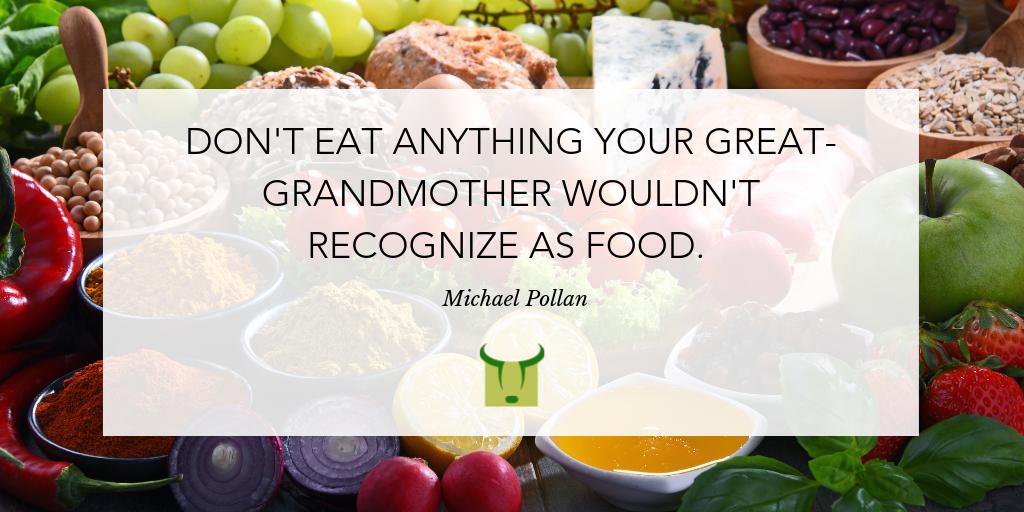
Image borrowed from our partners at Whole Health Agriculture – with thanks
Disclaimer
If you have a health issue and would like to make changes to your diet, we suggest you discuss this with a qualified Real Food or Functional Medicine health professional or a registered Nutritional Therapist
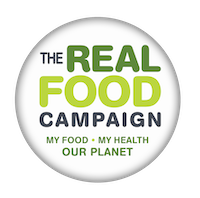
![Spectrum of processing of foods based on the NOVA classification. The figure provides examples of foods and types of processing methods within each NOVA classification group. Definitions are adapted from Monteiro et al. (2018) [8]](https://www.researchgate.net/publication/355481122/figure/fig1/AS:11431281118619682@1675828561295/Spectrum-of-processing-of-foods-based-on-the-NOVA-classification-The-figure-provides.png)
